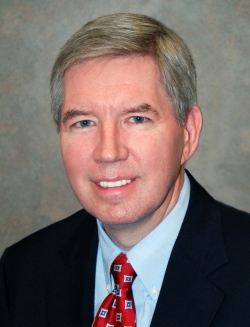New dates pending
Click here to Visit Autonomous Vehicle Test & Development 'Virtual' Live
Returning in 2022. Dates to be confirmed
Click here to Visit Autonomous Vehicle
Test & Development 'Virtual' Live

 Nicholas Wittner, conference chair of the ADAS & AV Legal Issues & Liabilities World Congress, explains the aims of the event and why it is indispensable, not only for lawyers working in the field of AV and ADAS, but for engineers too.
Nicholas Wittner, conference chair of the ADAS & AV Legal Issues & Liabilities World Congress, explains the aims of the event and why it is indispensable, not only for lawyers working in the field of AV and ADAS, but for engineers too. 